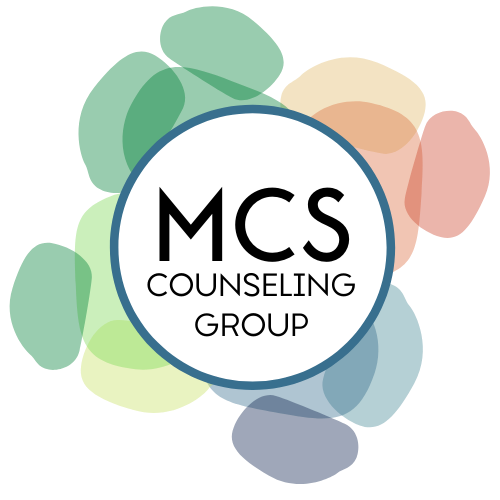
A mental health evaluation gives a doctor, counselor, psychologist, or other licensed professional a picture of the way a person feels, reasons, thinks, and remembers. Through a series of questions and physical tests, a professional can diagnose a number of mental disorders.
Some mental disorders an evaluation may help diagnose include:
- Depression and mood disorders
- Anxiety disorders
- Eating disorders
- Attention Deficit hyperactivity disorder (ADHD)
- Post-traumatic stress disorder (PTSD)
- Substance abuse and addictive disorders
- Bipolar disorder
- Schizophrenia and psychotic disorders
In addition to determining if a person suffers from a mental condition, the evaluation can help determine whether a person has co-occurring substance use disorder. An evaluation can also help rule out a physical cause for the health symptoms, such as thyroid disease.
People shouldn’t be nervous about a mental health evaluation. Evaluations can help professionals understand an individual’s mental health needs and determine a treatment plan or path to recovery.
- Professionals who specialize in mental health include:
- Psychiatrists can diagnose and treat mental health disorders. They can prescribe medication.
- Psychologists have doctoral degrees but not medical degrees. They can diagnose and treat disorders, but they cannot prescribe medication. Some have a special license to do so.
- Licensed Clinical Social Workers have master’s degrees and training in mental health. They can’t prescribe medication but work with providers that do.
- Licensed Mental Health Counselors have master’s degrees and offer counseling on a variety of mental health issues. They can’t prescribe medication but work with providers that do.
- Licensed Couples and Family Therapists have master’s degrees and offer counseling to families, couples, and individuals using a family systems approach. They can’t prescribe medication but work with providers that do. You don’t have to attend an evaluation alone. Take a friend or family member for company and support if necessary.
If you or someone you know is in crisis right now, reach out to this hotline. Help is available 24-hours-a-day at the Suicide Prevention Hotline available 24 hours. Languages: English, Spanish.
1-800-273-8255Â
